Ending highschool and getting into maturity is a important and sometimes delicate part for younger individuals. It marks the top of a structured and acquainted setting and the start of recent obligations, profession choices and private development. For younger athletes pursuing an elite judo profession, these pressures are amplified, with expectations from household, coaches and society weighing closely on their shoulders. To discover this complicated journey, we spoke with judo commentators Tomasz Kowalski and Olympic champion Ole Bischof concerning the challenges confronted by younger judoka immediately.
Reflecting on the previous few days of competitors in Tallinn, Ole praised the standard of judo on show, “The primary day was of very top quality; incredible strategies, particularly among the many lightweights. Azerbaijani and Georgian judo stood out; even and not using a gold medal for Georgia, the main target and dedication have been spectacular.”
Tomasz added, “The professionalism of those occasions is unimaginable. Juniors now obtain nearly as a lot media protection as seniors, which places stress on younger athletes. Some deal with it nicely, just like the grand slam medallists we noticed competing, however the majority are anticipated to be totally developed at a younger age and the enjoyable typically will get misplaced. Regardless of this, it was refreshing to see their youthful naivety and creativity on the tatami, qualities that may generally be stifled by the pursuit of outcomes.”

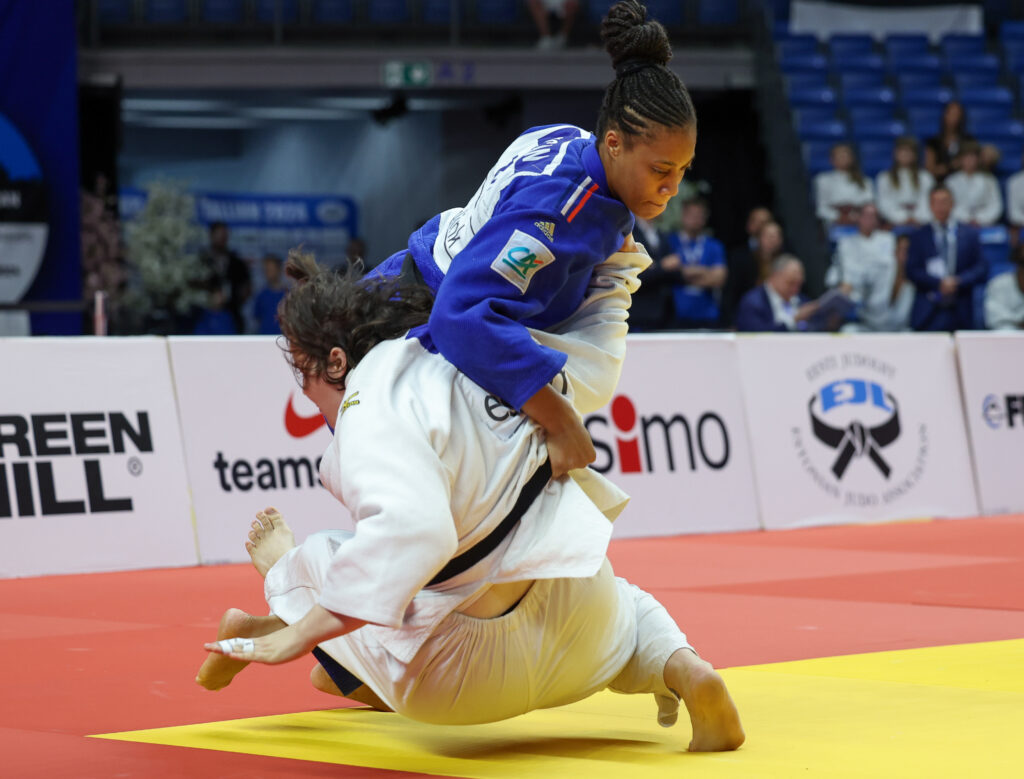
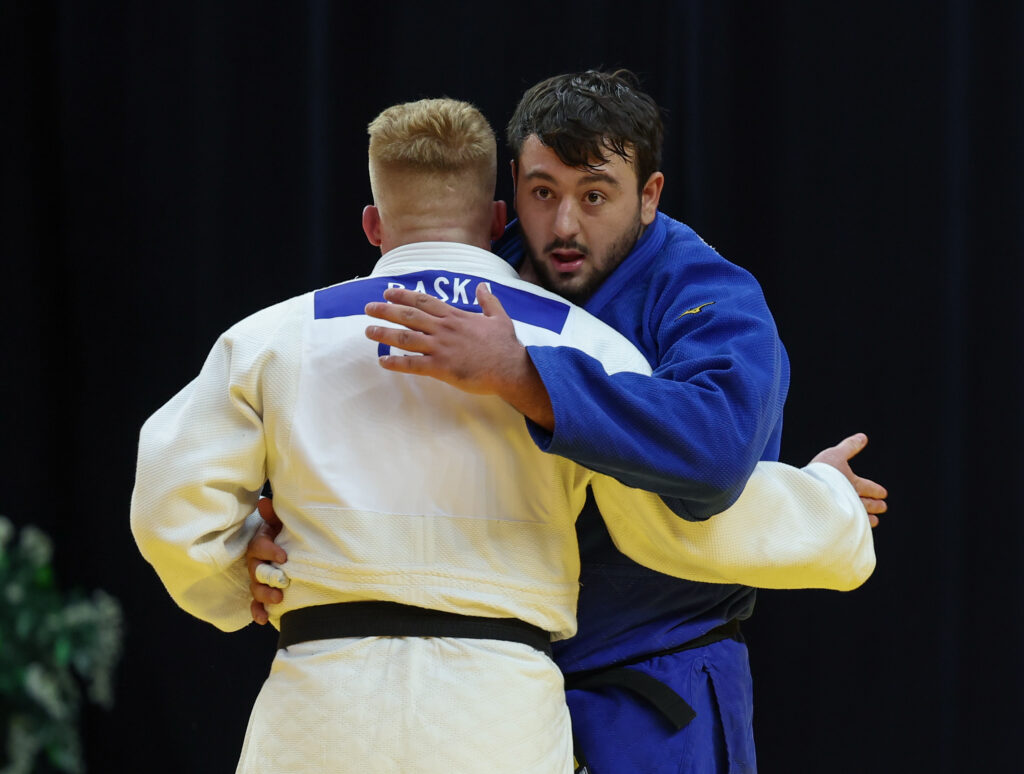
When requested if younger judoka are maybe being uncovered to senior-level competitors too quickly, Tomasz highlighted the significance of a pressure-free setting. “One judoka who received a medal on the Lima World Championships Cadets and once more right here in Tallinn mentioned her success got here from competing with out stress. That’s the method we want, no stress. If you happen to win, nice; if not, that’s high quality too. It’s essential to maintain it enjoyable, particularly at this age, and remind them it’s okay to not win each junior European medal. The potential to succeed as seniors stays.”
Ole, who didn’t win a junior medal however went on to develop into an Olympic champion, echoed this sentiment, “An athlete’s high-performance window is about 10 years. Beginning at 12 and pushing laborious means peaking at 22, which is early. We have to time the push for high-level efficiency fastidiously and make sure that love for judo isn’t overshadowed by the pressures of competitors.”
The dialogue then turned to the only repechage system utilized in junior European competitions. Ole famous, “For main occasions just like the Europeans and worlds, the only repechage system is suitable but it surely’s robust for younger athletes. Tomasz added, “To enhance their draw, they want increased rankings, which implies extra journey and monetary dedication. A rethink, maybe permitting repechage from the spherical of 16, might ease a few of the stress.”
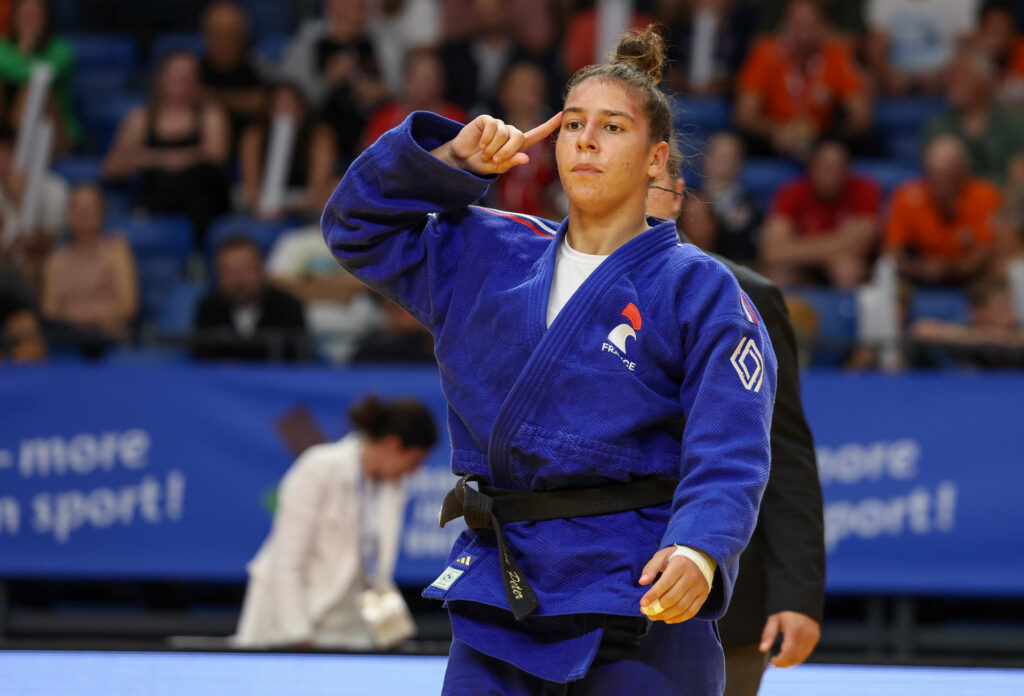
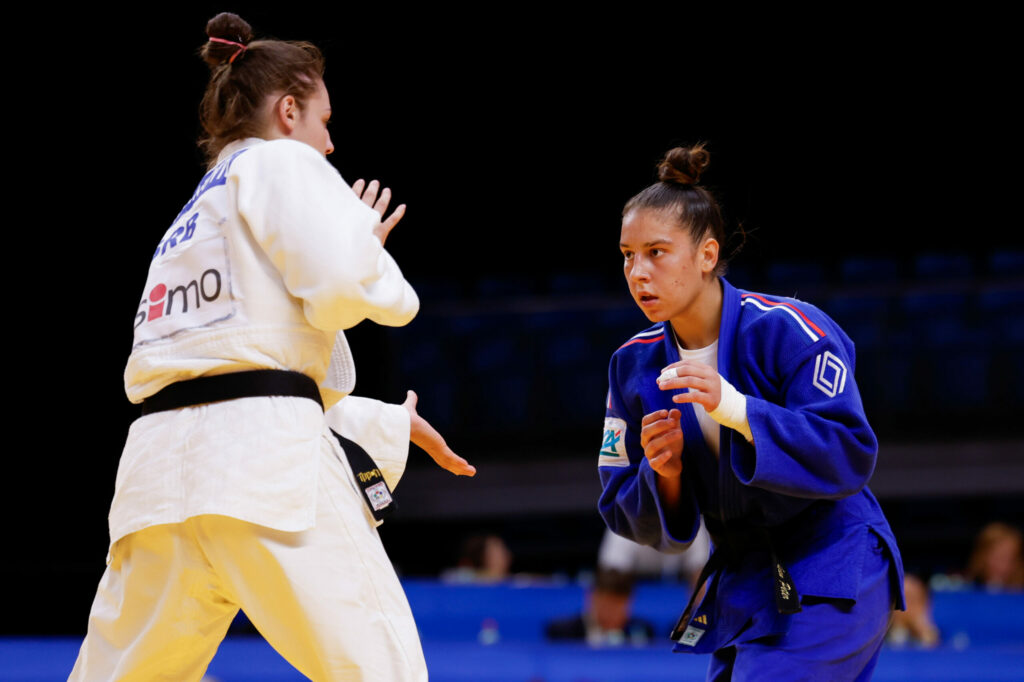
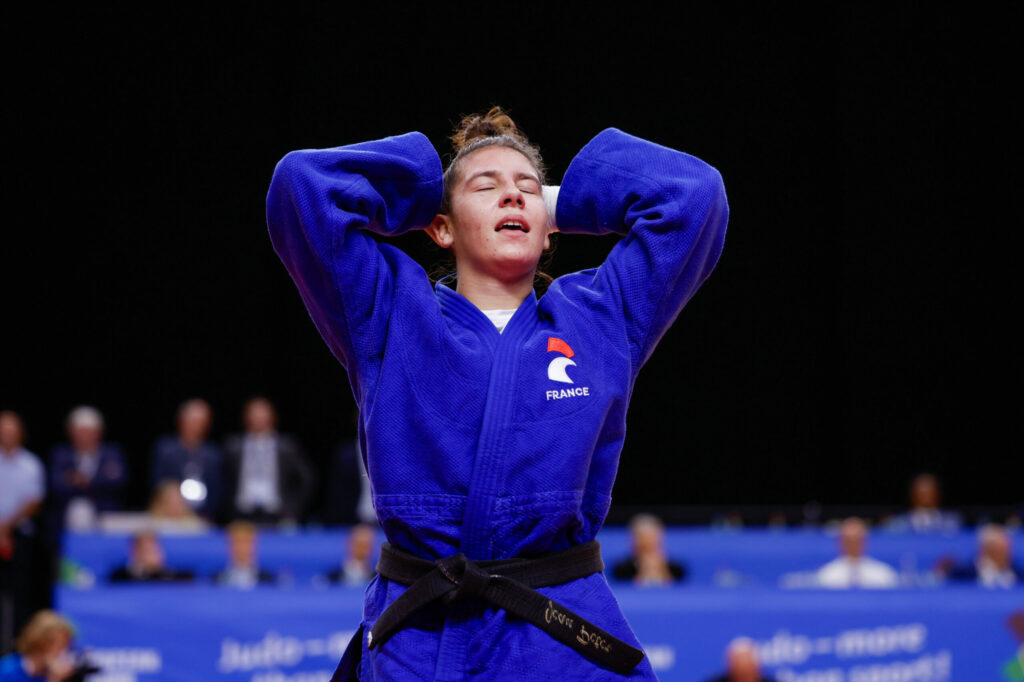
Tomasz additional emphasised the necessity to stability aggressive publicity with enjoyment, particularly on the cadet stage. “In some international locations, cadet European or world medals include monetary bonuses, which is simply too early. They need to be doing it for the love of judo at the moment. Overhyping younger athletes builds unrealistic expectations, resulting in larger disappointment when success doesn’t observe at junior and senior ranges. It’s like the upper you might be on a mountain, the larger the hit you’re taking when you fall off. The children shouldn’t even depart the valley at that age.”
Ole agreed, stressing that the inspiration of an athlete’s profession needs to be constructed with care. “The age at which athletes begin competing on the high stage is essential. If you wish to develop nice champions, it’s worthwhile to domesticate their love for judo, not simply their technical and tactical expertise. Beginning high-performance coaching too early can shorten an athlete’s profession and diminish the enjoyment of the game. The inspiration is vital and when you lower the inspiration in half then your pyramid will likely be shorter. Judo is sweet for all ages, nonetheless if you wish to attain excessive efficiency sport it’s okay when you begin on the age of 16. Don’t take them out of the household at an early age. Sure, it may be profitable, but it surely additionally comes at a value. Furthermore, each the schooling and sport departments have been doing a whole lot of work to make sure we provide judo for all.”
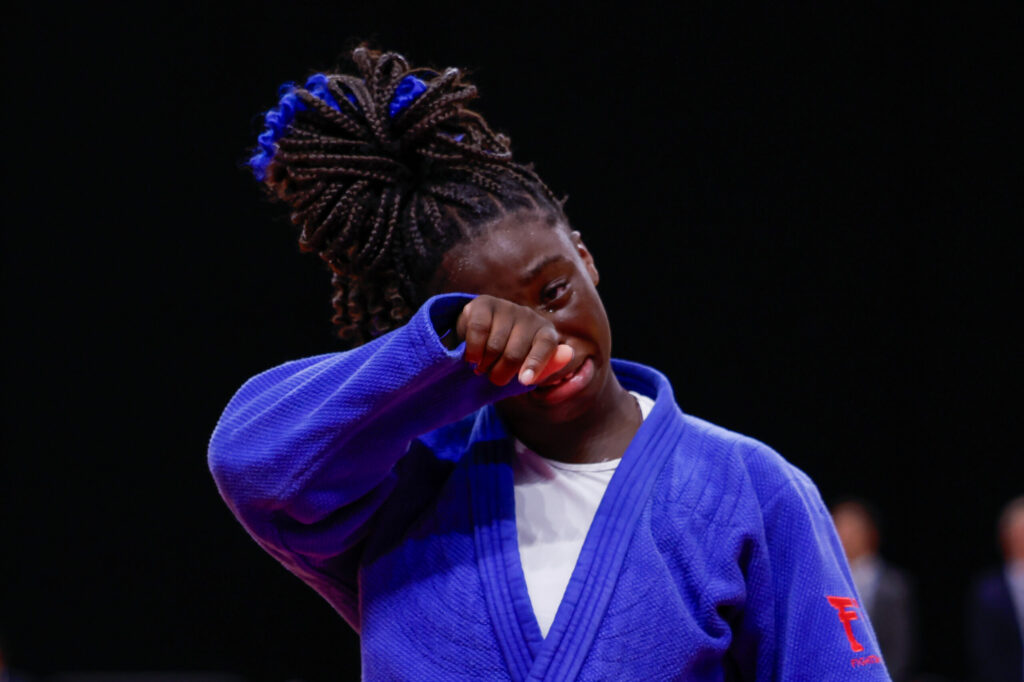
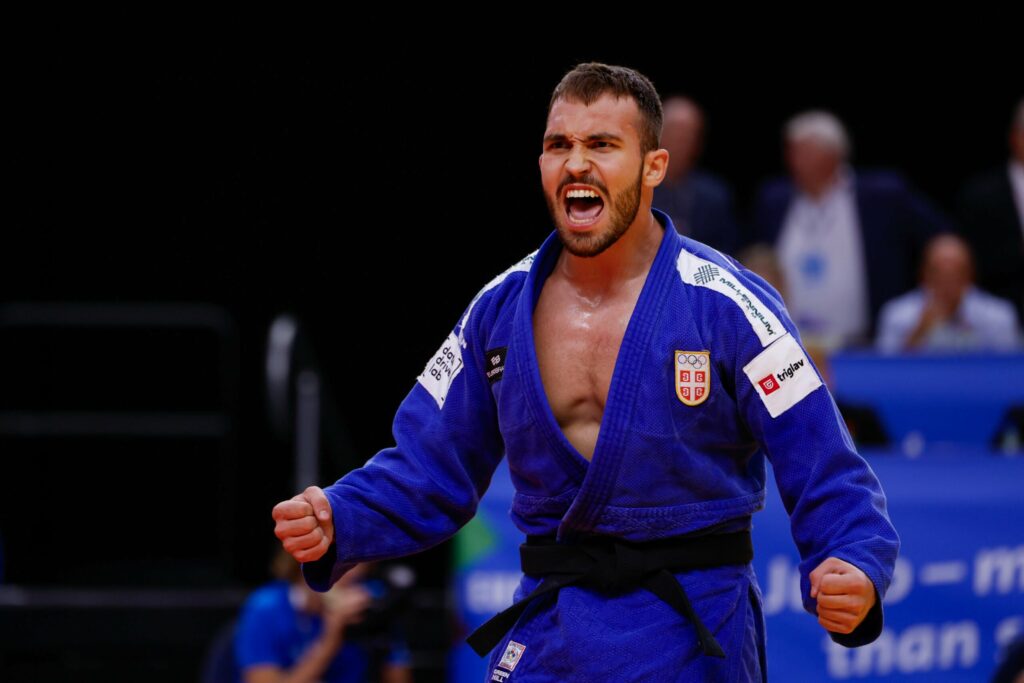
Tomasz concluded by highlighting the significance of training the households of younger judoka. “It’s important to contain households within the athlete’s journey, serving to them perceive judo past elite competitors. This method could make the game extra pleasing for everybody concerned, transferring it away from simply chasing medals.”
As we method the ultimate day of competitors, it’s clear that the dialog about supporting younger athletes, balancing stress with enjoyment, and fostering a love for the game is extra vital than ever. Tune in to our stay protection on Judotv.com, the place Tomasz and Ole will proceed to offer professional insights on the blended workforce occasion and extra.
Writer: Szandra Szogedi
Share
Tweet
Telegram
WhatsApp
E-Mail

